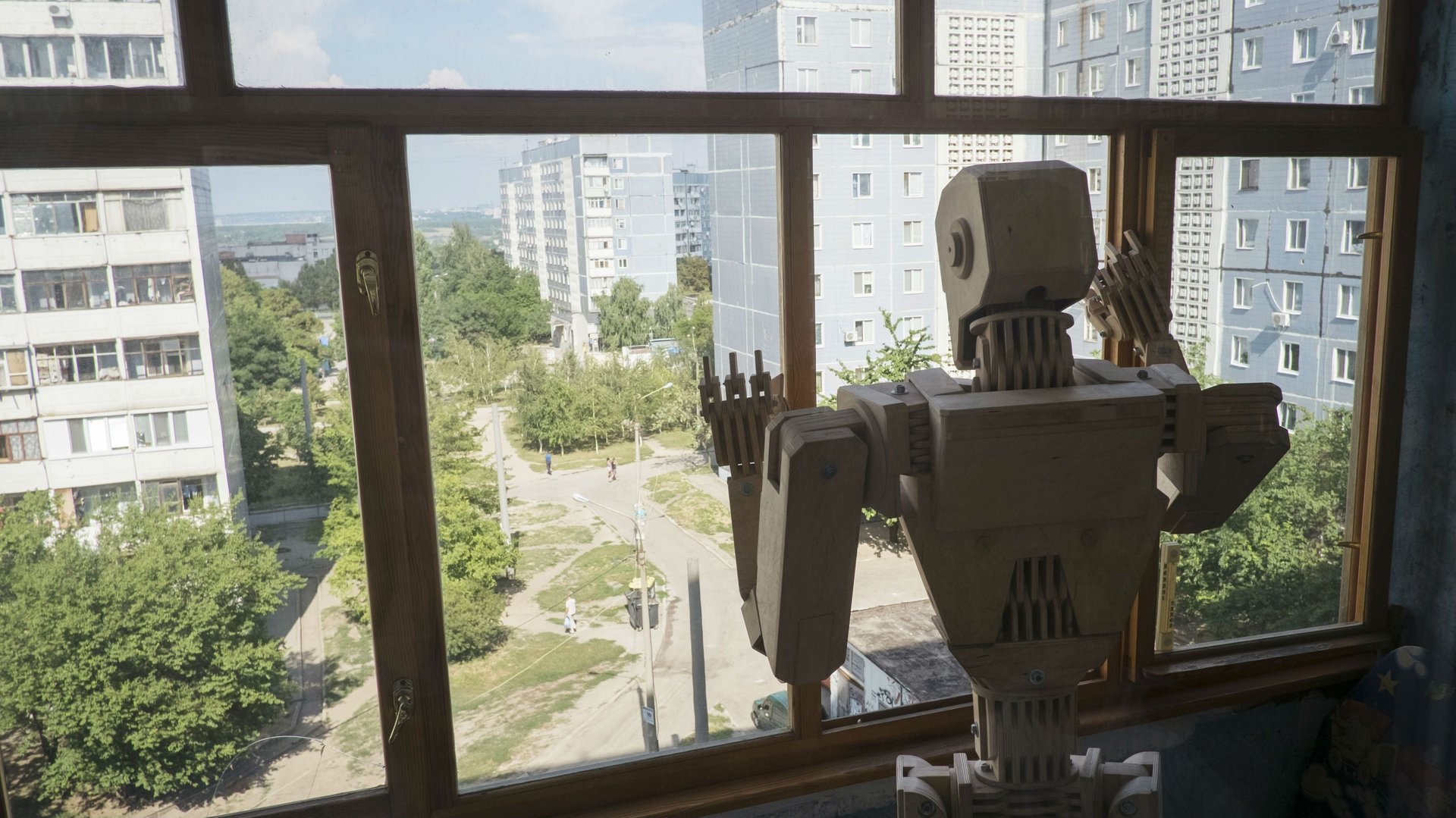This New York City worker just won’t stop answering the phone in a robot voice
Heroes come in all shapes and sizes: Sometimes they wear a cape. Sometimes they wear a mask. And sometimes, they are disgruntled city employees who refuse to stop talking like a robot on the telephone.


Heroes come in all shapes and sizes: Sometimes they wear a cape. Sometimes they wear a mask. And sometimes, they are disgruntled city employees who refuse to stop talking like a robot on the telephone.
Last year, the New York City news site DNAinfo reported on the curious case of Ronald Dillon, a longtime New York City Health Department worker who was suspended for 20 days without pay from his job at the agency’s IT help desk—for talking in a “deliberately robotic fashion” when he answered phone calls. According to Health Department officials, Dillon had used a robotic voice on “at least five occasions” between February and April 2013.
Dillon offered a perfectly reasonable explanation for his robot-voice: His natural Brooklyn accent was often difficult for callers to understand. “They objected to the tone of my voice so I made it atonal,” he told DNAInfo.
But the city judge who threw down the suspension said Dillon was likely bitter over being reassigned to the tech support job from his previous role as a project manager and supervisor. Dillon has an MBA.
So, that’s where the story ends, right? Wrong. Dillon now faces another suspension—this one for 30 days—after he was caught still answering the phone like a robot.
“You. Have. Reached. The. Help-desk. This. Is. Mr. Dill-on. How. May. I. Help. You?” Dillon beeped and booped, in a recorded call obtained by DNAInfo (robot emphasis ours).
After introducing himself, Dillon reverts to his normal speaking voice. While seemingly harmless, Dillon’s failure to follow his directives was apparently enough to earn him another suspension, pending health department approval. The robot voice was reportedly so realistic that it made at least one caller hang up because she wanted to speak to a real person, not an automated messaging system.
Quartz has reached out to both Dillon and the NYC Health Department, and we’ll update this story with any response.
What lies beneath the epic saga of Dillon and his unstoppable penchant for robot-speak? We can’t say for sure, but perhaps Dillon knows that a real robot will someday take his job, and he’s simply trying to help with the transition.